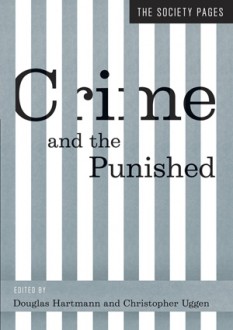
This week, I had my first telephone interview for an assistant professor position. Before it began, I mentally rehearsed the three-minute elevator speech of my dissertation, certain that the initial question was bound to be something along the lines of “Tell us about your research.” When the moment came, however, the search committee began by asking me how I would explain my research to my grandma or my neighbor. Tossing aside the elevator speech I had been advised to practice, I attempted to channel TSP.
As I reflected on the interview afterward, I felt dismay that my combination of nerves and lack of foresight kept me from saying what I’ve told countless strangers about how I study genocide (you would not believe the conversations I’ve had waiting in lines). The dismay soon gave way to excitement, though, because it’s exciting that the question was even asked. As Doug Hartmann shared in his recent sketch, “Dare to Engage in Dialogue,” much good can come from our abilities to translate our findings to the broader public, whether they are policy makers, pundits, or grandmas. And perhaps it’s wise to spend more time reflecting on how to frame what we do so we are better prepared for these conversations. more...








